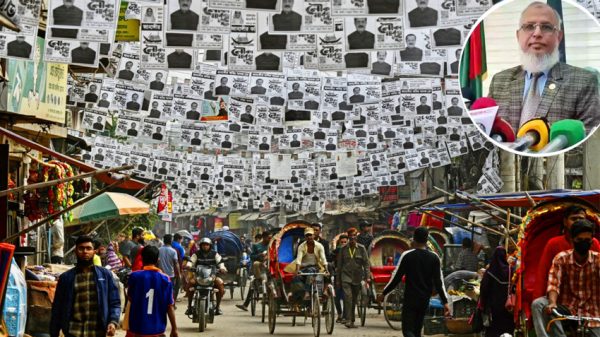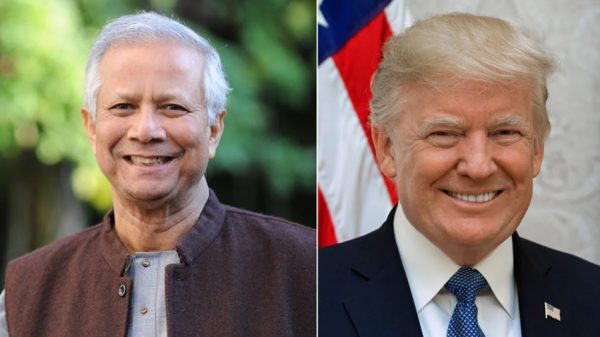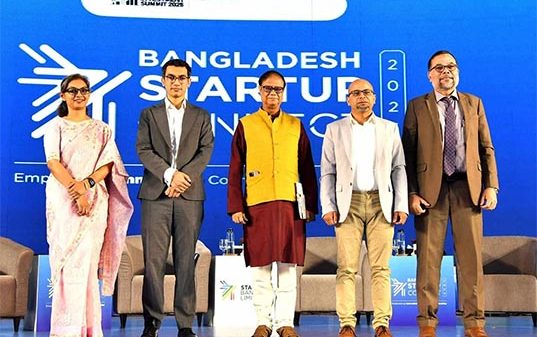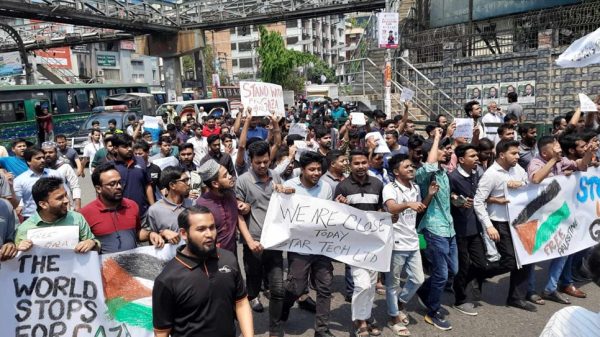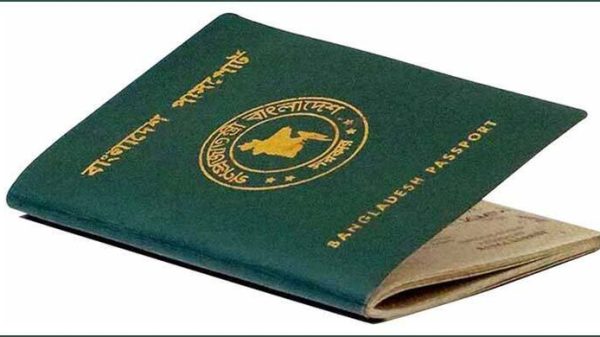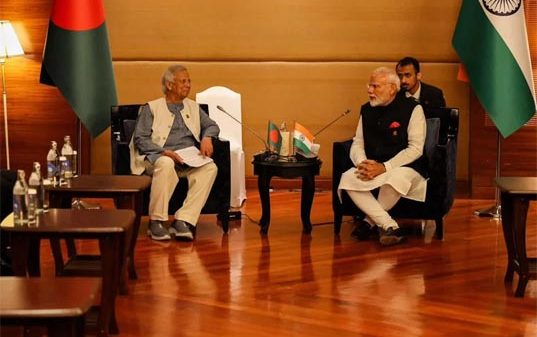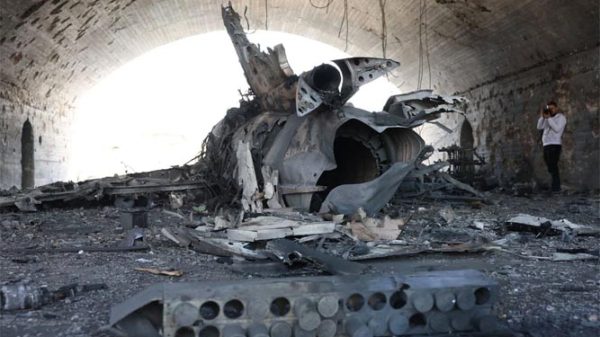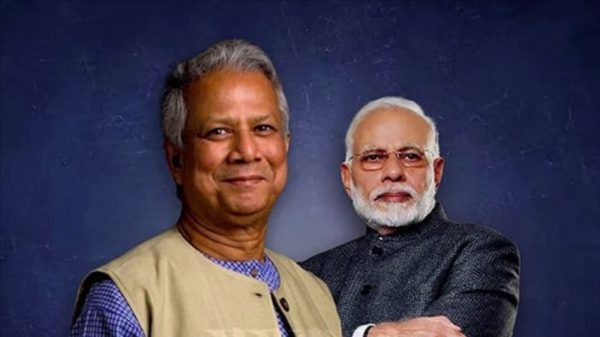Bangladesh set to fail Korean quota for 2023

- Update Time : Sunday, 29 October, 2023, 03:03 pm
- 123 Time View
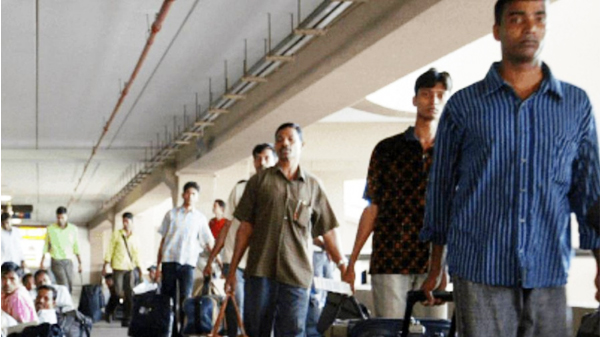
Online Desk: Bangladesh is likely to fail to fulfil almost half of the South Korean job quota set for this year owing to less demand for workers from employers.
Korea recruits semi-skilled and skilled foreign workers for different sectors as it announced a quota of 110,000 workers for source countries for 2023.
For Bangladesh, it allocated a quota of 10,000 workers.
Against the quota, Bangladesh bagged a demand for 4,151 workers as of October 2023.
Officials projected that they might receive a maximum of 1,000-1,500 job demands from Korean employers in the remaining two months of 2023.
This means there is a likelihood of Bangladesh missing the quota of about 50 per cent this year.
Officials and sector insiders attribute the inability of Bangladesh to supply quality workers as per the demand of the employers.
Besides, the decrease in the demand for workers in Korean export-oriented industries due to the Russia-Ukraine war is another factor.
Korea is an important source of remittance earnings for Bangladesh as a majority of migrants from this country send remittances through banking channels.
Bangladesh mainly sends semi-skilled workers to Korea under the employment permit system (EPS).
The lone state recruitment agency Bangladesh Overseas Employment and Services Limited (BOESL) sends workers to the market.
The BOESL maintains a roster of Korea-bound workers, from which employers choose workers as they like. Currently, about 6,000 workers are on the roster.
Officials familiar with the process told the FE that while a required number of workers were on the roster, employers were sending less demand orders. BOESL managing director Dr Mallick Anwar Hossain said that they have so far received less demand than the job quota this year.
“…Only two months of this year are left. The demand for 1,000-1,500 workers can be found during this period.”
Mr Hossain cites the Russia-Ukraine war as a potential reason behind the hiring of fewer workers. “A major market of Korean products is Europe, which suffers from an economic recession due to the war.”
Bangladeshi workers lag behind others in language proficiency, especially in fluency. They do well in language tests, but lack fluency in conversation.
Workers usually do not practise after training, stated Mr Hossain, adding: “We’ll advise private language training centres to motivate workers in this regard.”
The BOESL has a plant to make a guideline in January for training centres to improve training.
According to officials, the size of a year’s quota for a country depends on its previous year’s performance in manpower migration.
It has a role to play in determining for the next year.
On the other hand, even if a country gets a job quota of a large number of workers for a year, employers do not place demands.
Many workers have a tendency to run away from the workplace, much to the nuisance of employers, said officials familiar with the process.
Once employers dislike workers from a country for these reasons, they generally no longer want to hire workers from that country.
LANGUAGE SKILLS
Language is a key requirement for labour migration to South Korea, but the dropout rate of Bangladeshi workers in language proficiency tests is high.
The total score of the language proficiency test is 200. The pass number is 140 for Bangladeshi workers who mostly get 70-80 marks only.
Korea recruits semi-skilled workers for manufacturing units, for example in motor vehicles, rubber, plastic, apparel, handicraft and food industries. Bangladesh sends workers mainly to motor vehicles, food and handicraft industries.
A worker gets Tk 160,000 per month for such jobs.
Through the EPS, Korea hires workers from 16 countries, including Bangladesh, Cambodia, China, Indonesia, Kyrgyzstan, Mongolia, Myanmar, Timor-Leste, Uzbekistan, the Philippines, Sri Lanka, Thailand, Nepal, Pakistan, Vietnam and Laos.
Bangladesh was enlisted as a source country for sending workers through the EPS to South Korea in 2008.
Bangladesh received a quota of 3,000 jobs for 2022. As it met the requirement in a shot span of time, the receiving country doubled the quota.As a result, Bangladesh could send 5,891 workers to that nation last year, reveals the BOESL data.
Shakirul Islam, chairman of Ovibashi Karmi Unnayan Programme (OKUP), said skilled labour migration was very important for Bangladesh at this time.

